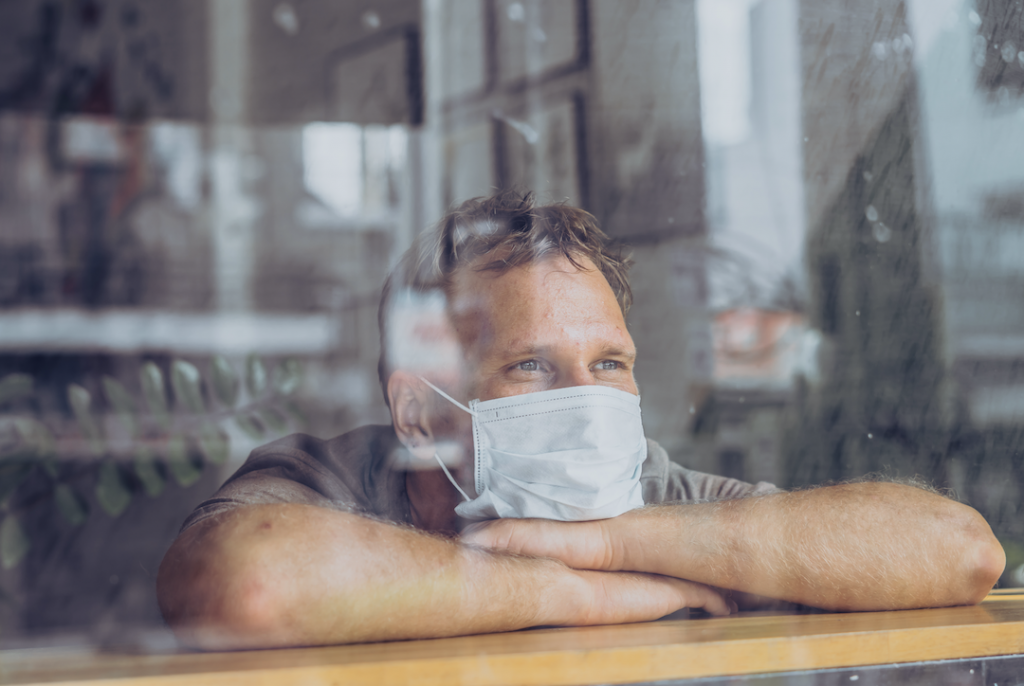Workers with post Covid syndrome want their employers to adopt a flexible, collaborative approach to easing them back into work.
This is according to Dr Jenny Lunt, lecturer in health psychology and behaviour change at University of Derby, who was presenting initial findings from a survey of people with post-Covid syndrome.
Speaking at a Zoom event organised by HCB, Lunt revealed some respondents wanted practical support from managers to help prioritise their workload and to tackle backlogs, while others wanted very prescriptive guidance about their daily tasks.
Respondents also reported polarising communications where some were sent texts about work while off sick while others were not contacted at all.
There was a suggestion for one point of contact for workers with post-Covid in an organisation to discuss what tasks they can and cannot do, their return to work date and manage expectations when they do return. Regular catch-ups were also proposed.
Workers also called for more modified ways of working including the possibility of reduced hours, as well as rest breaks, scope to take those rest breaks and some temporary changes to the nature of their job.
Lunt said the need for Covid to be embedded into sickness absence policies was also brought up by respondents, as well as more bespoke tailoring of policies to make allowances for Covid such as not factoring the condition into absence data.
Respondents also called for training and more awareness raising and cultural programmes within organisations to make colleagues and the wider workforce aware of the nature of Covid recovery.
“What’s really coming through is flexible, collaborative return to work processes, a pathway… that allows for the ebbs and flows and recognises that the graded approach for this kind of condition might need even more flexibility perhaps than other kind of conditions,” Lunt said.
“There should be some flexibility on the time scales to allow people to test out what they can do and not do and gradually push those kinds of boundaries forward.”
Lunt added the fact that workers may not return to work 100% fit and ready to go necessitated initial support and flexibility from their employer.
“They felt if these kinds of workplace accommodations could be made, the employer would be gaining because they’re retaining valued employees. So valued employees who then for a while might not be able to do the work directly themselves, can coach and support colleagues to do that work,” she continued.
“They will recover quicker so there will be some productivity gains. Receiving this support from the employer would mean that they’re more committed and help with organisational commitment.”
Lunt added that this was also a learning opportunity for the organisation to understand what employers need to do to support people recovering from Covid.
This would be especially important “given the large numbers of people involved and who are going through this situation at the same time so they can get back to the workplace sooner,” she added.
